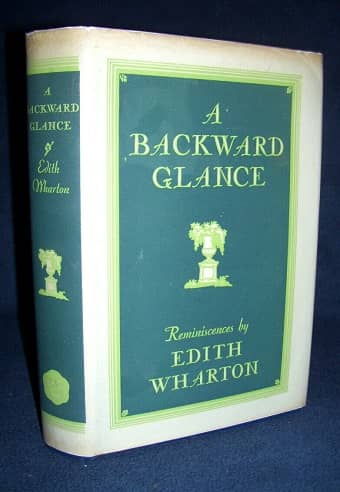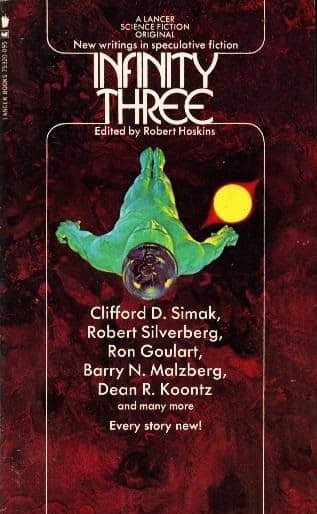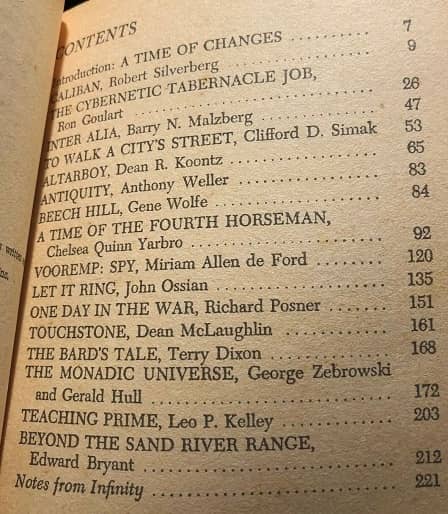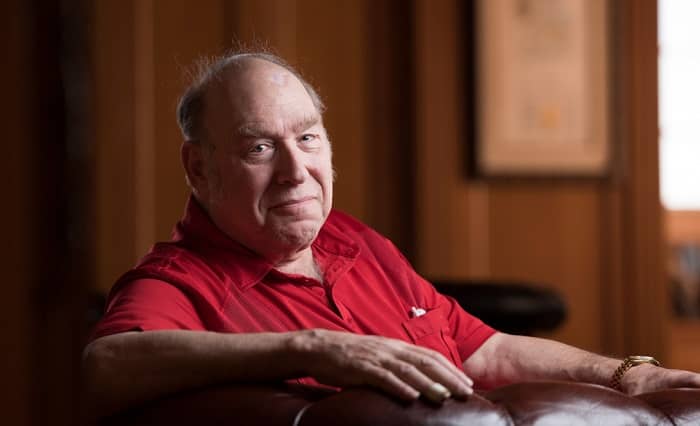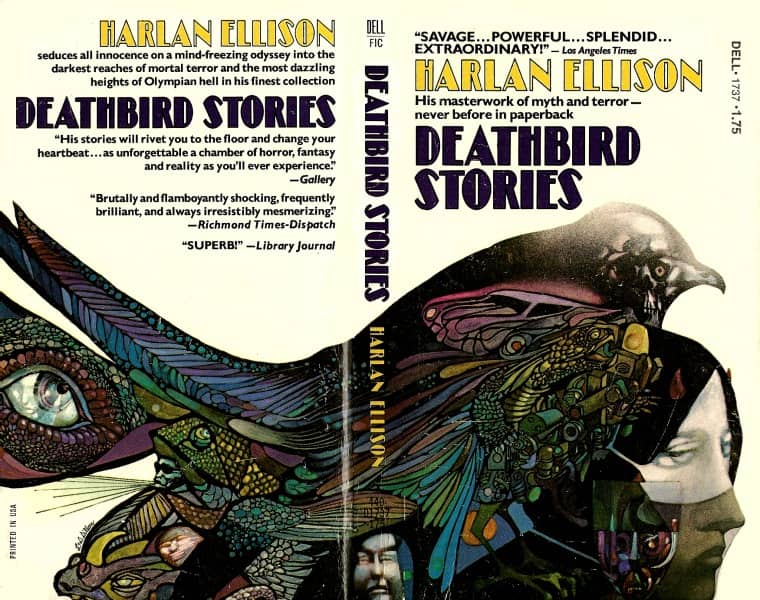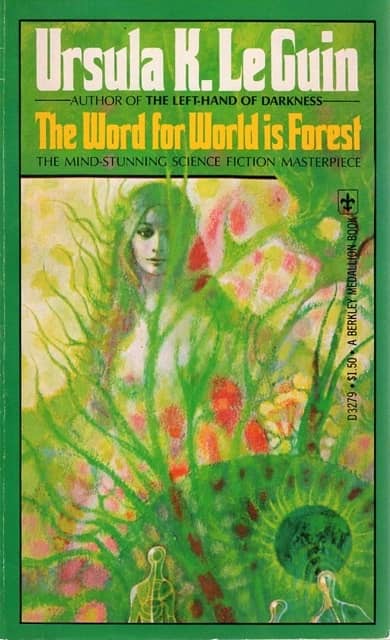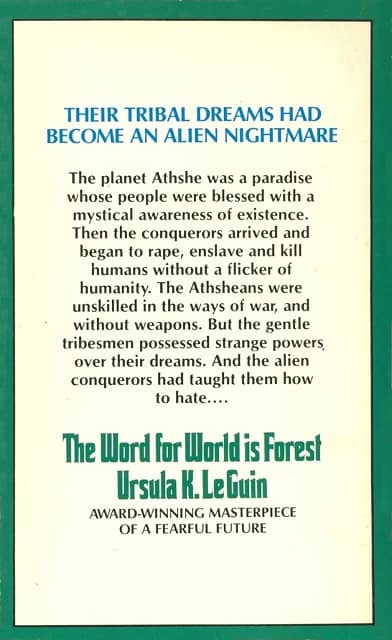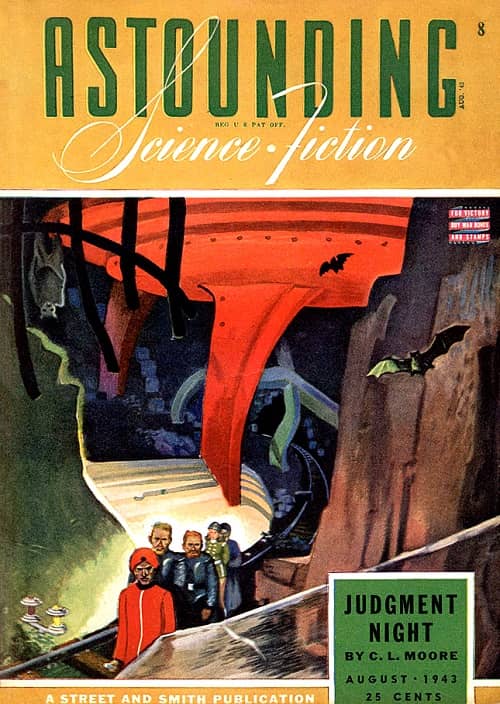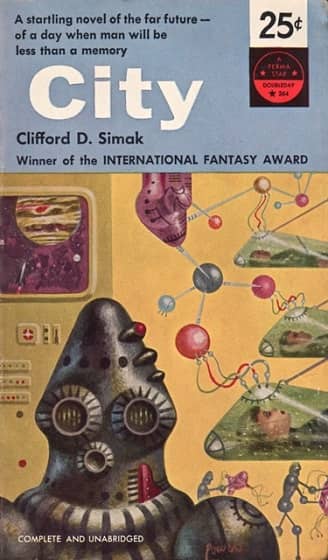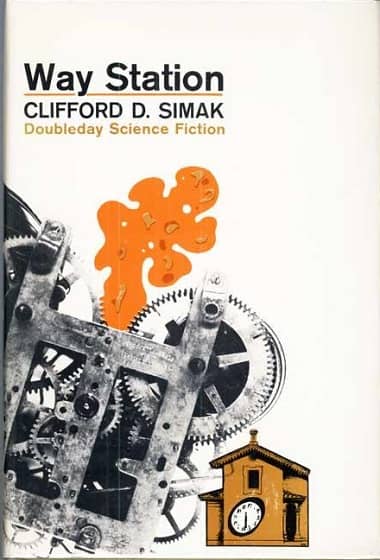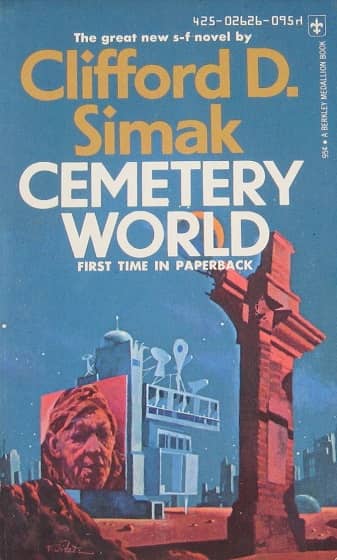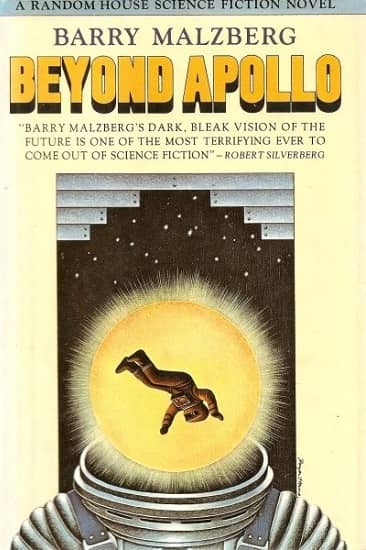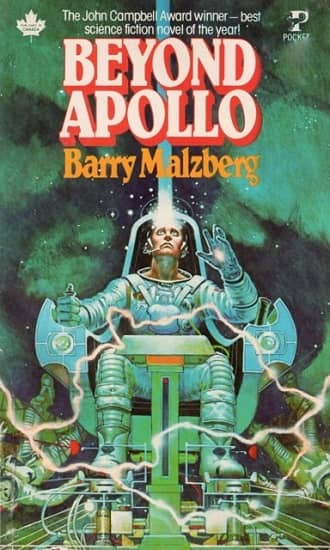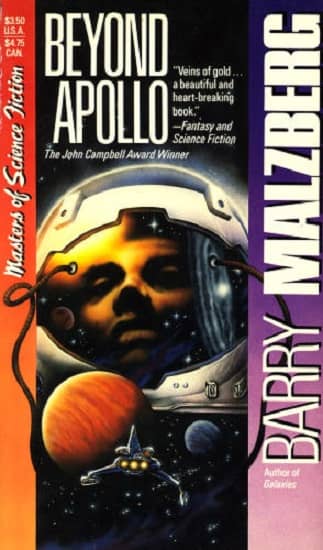An Evocation of the Science Fiction Dream of Exploration: “The Star Pit” by Samuel R. Delany
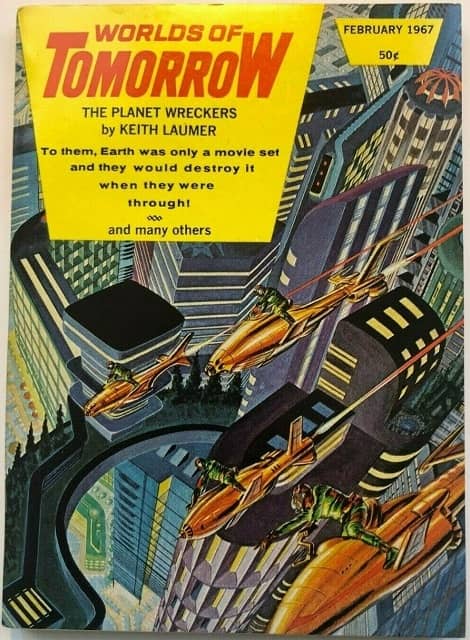 |
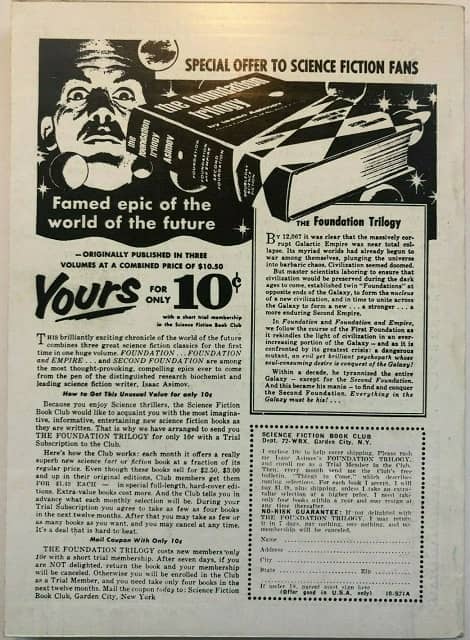 |
Worlds of Tomorrow, February 1967, containing “The Star Pit” by Samuel R. Delany. Cover by Morrow
This is the first of what I hope will be an extended series of essays taking a closer look at some stories I either consider to be particularly good, or interesting for other reasons. Of necessity, each of these essays will go into some detail as to the plot of the stories – in most case, in my opinion, this will not “spoil” the stories, but I know that I am less spoiler-phobic than many, so tread carefully.
I remember reading “The Star Pit” as a teen, probably in Robert Silverberg’s exceptional reprint anthology Alpha 5. It was a story I liked then, and loved on a reread a few years later. I remember it as one of the great underappreciated novellas in SF. But it’s been quite a few years since my last read.
In fact this is a story with a decent history of anthologization and recognition over the years, so my term “underappreciated” is off base. It first appeared in Worlds of Tomorrow for February of 1967 – and as Worlds of Tomorrow was widely considered the “third-string” magazine in Fred Pohl’s editorship, behind sister magazines Galaxy and If, that could be regarded as “underappreciation,” though more likely it reflected the difficulty of fitting novellas into magazines. (Interestingly, the magazine ceased publication after the next issue (May 1967) before a brief (three issue) revival in 1970 and 1971.)
“The Star Pit” was a finalist for the 1968 Hugo for Best Novella, which went in a tie to “Riders of the Purple Wage” by Philip Jose Farmer and “Weyr Search” by Anne McCaffrey. It was in Judith Merril’s SF 12, the very last outing for her seminal series. Robert Silverberg anthologized it twice – not just in Alpha 5 but in the Arbor House Treasury of Great Science Fiction Short Novels. Gardner Dozois put it in his anthology with a similar title (and ambition) to Silverberg’s: Modern Classic Short Novels of Science Fiction. And Richard Lupoff chose it for What If? Volume 3, the third entry in his series of books highlighting the stories that he felt should have won the Hugo each year. (Unfortunately, the What If? series was cancelled after the first two books, and Volume 3 only appeared decades later from a small press.)
